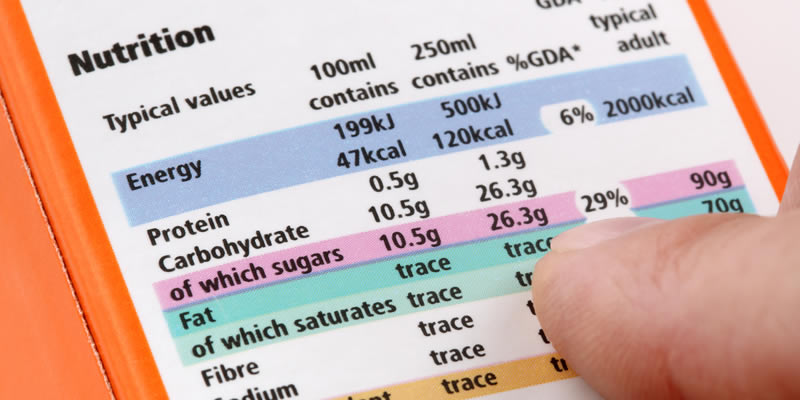The width and brittleness of bones in women could help indicate whether they are at risk of having a heart attack or stroke, researchers have said.
Previous studies have found a link between the condition osteoporosis, also known as brittle bone disease, and the artery hardening condition, atherosclerosis.
But now this latest trial has found that it might be possible to determine a woman’s heart disease risk by how thin her lower spine, top of the thigh bone and hip is.
Women are at a greater risk of dying from a cardiovascular-related condition. The risk is 21 per cent among females compared to 15 per cent in men.
Osteoporosis is normally diagnosed using a DXA scan and the research team think this approach could also be used to assess bone thinning in other places. To test their theory they analysed more than 12,000 DXA scans which were carried out between 2005 and 2014.
By the end of the trial 468 women (about four per cent) had had a heart attack or stroke and 237 (two per cent) had passed away.
- Kale, spinach and lettuce improves muscle function
- Study indicates vegan diet impacts metabolism in children
The risk of having a heart attack or stroke was heighted by 16 per cent to 38 per cent among those who had thinning and weakened bones. This was expressed as a low bone mineral density score at the lumbar spine, femoral neck, and hip during the DXA scan.
The researchers concluded: “Considering that [DXA scanning] is widely used to screen for osteopenia and osteoporosis in asymptomatic women, the significant association between [bone mineral density] and higher risk of [cardiovascular disease] provides an opportunity for large-scale risk assessment in women without additional cost and radiation exposure.
“Perhaps it is high time to establish how bone health affects vasculature and understand the underlying pathophysiology that links osteoporotic and atherosclerotic conditions. In doing so, we might just discover new ways to improve the treatment of, and care for, the hearts and minds of women, as well as of men.”








